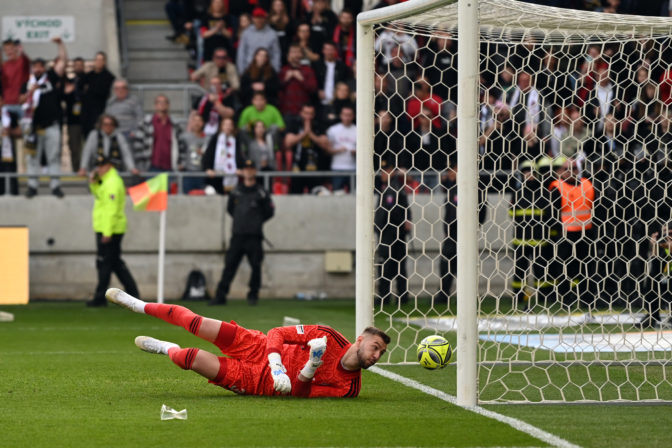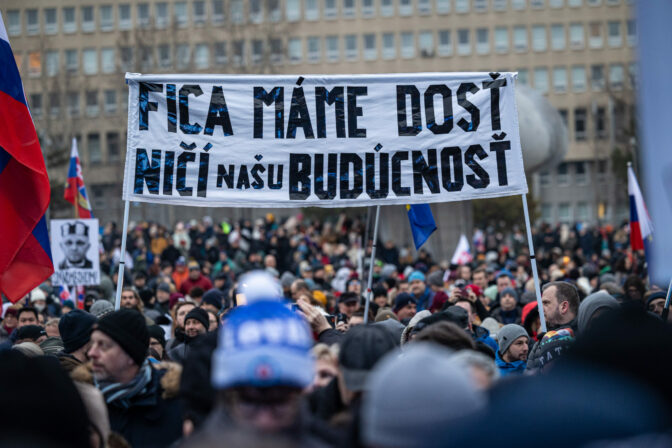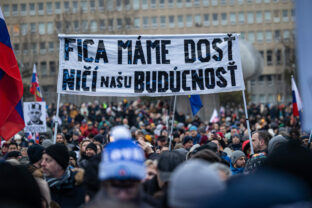BRATISLAVA, November 15, (WEBNOVINY) — MPs from the Ordinary People movement want to curtail contributions from the state budget that Slovakia’s political parties get for votes won in elections, deputy mandates, and for activity as well. Erika Jurinova, Martin Fecko, Jozef Viskupic and Igor Matovic have sent to parliament a draft amendment to the law on parliamentary elections, reducing the contribution per vote by ten-fold. This measure would curb the sum that political parties get for activity. Currently parties get a hundredth of the average wage from state coffers for each vote after elections while it should be only a thousandth according to new rules. The authors of the draft bill expect to save EUR 10 million within the four-year election term. The Ordinary People want the amendment to come into force on March 1, 2012, in order to allow its application to contributions that the state is to pay to parties after the early elections on March 10 of next year.
The Ordinary People want to partly compensate the parties for the shortfall with new extra pays. The parties that make it to parliament should get EUR 1 million in addition to the contribution for the gained votes while parties that would harvest between three and five percent would be contributed EUR 0.5 million by the state. This would not only reduce the total paid out to political parties but also narrow gaps in incomes of individual parties. These rules would apply retroactively. already for 2010 elections, meaning that the biggest political party SMER-SD would lose almost EUR 5 million in the contribution for votes – it would drop from EUR 6.55 million to EUR 1.65 million. The second most popular party SDKU-DS would lose some EUR 1.6 million getting EUR 1.29 million from the budget instead of EUR 1.65 million. In contrast, the SNS would earn over EUR 100,000 due to new rules when it would be earmarked EUR 1.1 million instead of the current EUR 0.957 million.
If lawmakers pass the draft, political parties would lose also a portion of money that the state provides them for activity. According to incumbent rules the state distributes among parties in parliament a sum equaling the sum they get for votes. If new rules come into effect SMER-SD would lose EUR 2.2 million in four years, SDKU some EUR 300,000 while the remaining parliamentary parties would benefit on new rules with SNS gaining the biggest sum of EUR 1.2 million.
The state contribution for MP mandates would dwindle as well. While political parties get a thirty-fold the average wage for the first twenty deputy seats and a 20-fold per each following mandate, Matovic wants a 15-fold reduction. It would mean that while SMER-SD won EUR 1,072,080 for mandates gained in 2010 elections the sum would shrink to EUR 692,385 according to new rules. Smaller parties would suffer even a more considerable loss.
The leader of the movement Igor Matovic said in the past that savings in the area of state contributions to political parties is one of his conditions for supporting the draft budget for next year. Another condition of the movement is the frozen constitutional officials’ salaries. Prime Minister Iveta Radicova and Parliament Speaker agreed on the measure on Monday.
SITA












